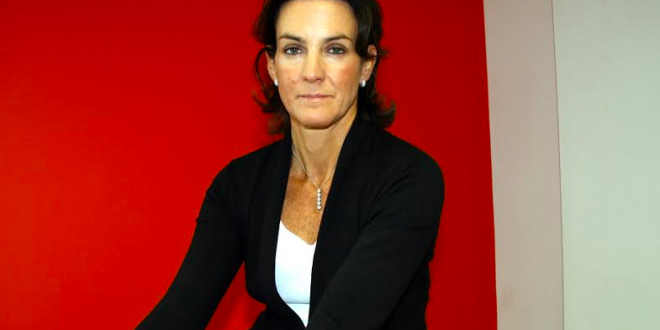Minority communities across the UK are facing ‘higher burdens’ of gambling-related harm despite lower overall rates of participation, a GambleAware-commissioned study has revealed.
The research – consisting of a survey of 1,220 minority and 1,779 white British respondents by Ipsos UK and ClearView Research and University of Manchester – found that minority groups were much less likely to gamble overall.
Participation among minority groups stood at 31% in the four weeks leading up to the survey, which took place between 19-25 May 2022, in comparison to 48% of white British people.
However, the gambling harm rate was significantly higher for members of the former communities at 42%, more than double 20% of their white British counterparts.
Niamh McGarry, Director of Impact at ClearView, said: “Whilst further research is needed to establish what drives higher burdens of gambling harms in minority communities, these results clearly highlight that members of these communities are facing increased vulnerabilities and are more at risk of suffering from gambling harms.
“Services must be designed with the voice of minority communities centred throughout, and this research helps demonstrate that specific attention and specialised support is needed to effectively address these inequalities.”
A breakdown of harms saw researchers determine that minority groups were more likely to use gambling as a coping mechanism to ‘specific vulnerabilities’, at 18% against 6% for white British bettors.
The report explained that these vulnerabilities were specific challenges related to mental health and trauma, such as the impacts of racism, social exclusion, abuse and violence.
Discrimination could include ‘structural, institutional, or interpersonal’ issues and challenges, with some respondents outlining that they had been on the receiving end of verbal and physical assaults as well as property damage as a result of religious or racial background.
Pointing to a particular statistical example, GambleAware noted that 48% of minority group respondents with a Problem Gambling Severity Index (PGSI) of one or more had experienced public discrimination, as opposed to three in 10 of those with scores of zero.
For instance, nearly half (48%) of minority group participants with a PGSI score of one or more have experienced discriminatory treatment out in public, compared with around three in ten (32%) of those with a risk score of zero.
“The research has highlighted how important it is to consider experiences of racism and discrimination when researching the lived experience of gambling and gambling harms among minority groups or affected others,” said Nicola Moss, Head of Ipsos North.
“Additional research among treatment providers would also be beneficial to improve understanding of how services can be better signposted and tailored to different minority groups.”
Other motivating factors included more general reasons shared across both minority and majority commutes, however, such as financial gain or the thrill of a win and the entertainment factor.
Regarding finances, those earning less than £26,000 annually were deemed ‘statistically significantly more likely’ at 24% than white British people in the same income bracket at 5% to score a PGSI score of eight or more.
Further findings saw GambleAware uncover evidence that British minority groups were more likely than their majority counterparts to say they would like to limit their gambling but find it difficult to do so.
Exactly 9% of minority respondents replied that this was the case, as opposed to 1% of white British people, and 28% of the former were more likely to ‘report intention to reduce their gambling’ than the latter (14%).
However, despite this willingness to address problem gambling, minority individuals were ‘slightly less likely’ than white British respondents to feel comfortable seeking formal support – 58% against 61% – citing fear of judgement and stigma.
Zoë Osmond, GambleAware CEO, concluded: “GambleAware is committed to building knowledge about the lived experience of Minority communities and gambling harms, and about the drivers of gambling harms experienced by these communities.
“The higher prevalence of gambling harms amongst minority groups, coupled with the fact they are less likely to access specialist gambling services, is alarming and demonstrates the clear need for further investigation and tailored solutions.
“We need to break down the barriers to accessing support, and challenge the stigma and discrimination faced by these communities.”
The report’s publication comes as GambleAware steps up operations amid the costs of living crisis – which the charity has previously raised concerns about potentially increasing the risk of gambling harm – and ahead of the Gambling Act review White Paper.
The charity and treatment funding organisation’s recent movements have seen the launch of a contribution of £1.24m to 22 local community organisations, a donation of a further £2m to support long-term recovery programmes and the launch of a new digital platform.









